Within one month of the fall of the Sheikh Hasina regime in Bangladesh, a significant number of Qawwali festivals were performed across the country`s major public and private universities.
Students and youths enjoy this form of Sufi music as a ‘craze,’ which has also raised controversy about whether Qawwali is part of Bangladesh`s culture. In this article, you will find everything you need about Qawwali…
History of Qawwali
Qawwali is a form of Sufi devotional music that originated in the Indian subcontinent, particularly in what is now Pakistan, India, and Bangladesh. Its history can be traced back over 700 years, and it is deeply rooted in Sufi traditions and mystical Islam. Qawwali is not just music; it’s a spiritual expression, often used to convey divine love and mystical experiences through poetry and song.
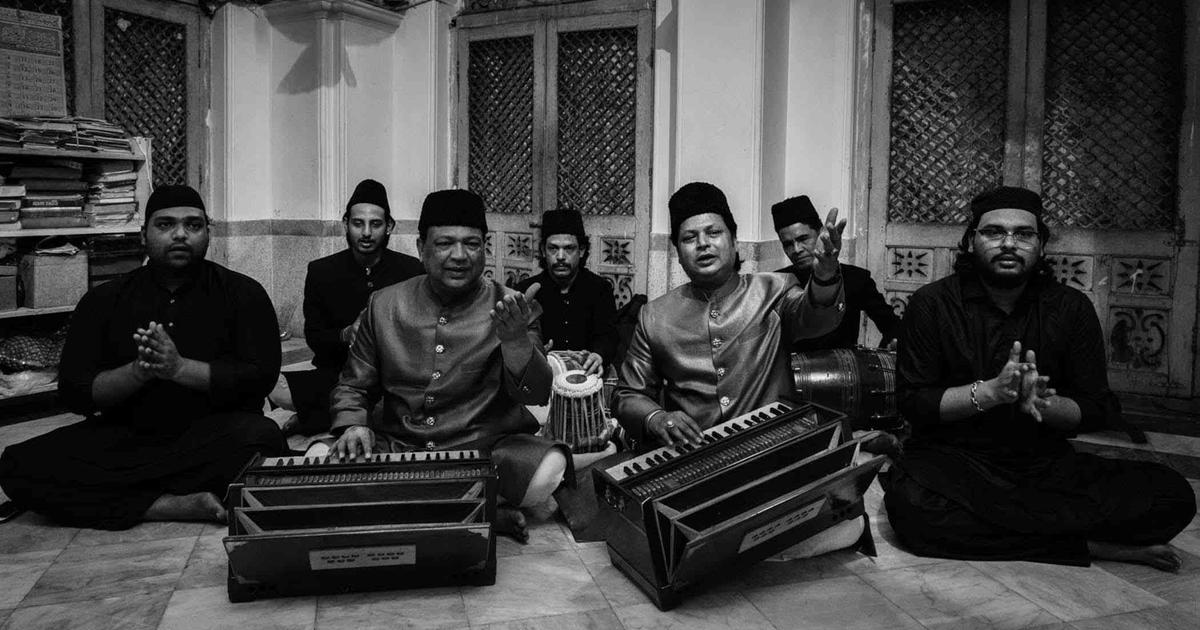
Origins and Development
Qawwali originated in the 13th century, primarily through the work of Amir Khusro, a poet, scholar, and musician from the Delhi Sultanate. Khusro, a disciple of the famous Sufi saint Hazrat Nizamuddin Auliya, is often credited with fusing Persian, Arabic, Turkish, and Indian musical traditions to form what later became qawwali. He is also credited with introducing the use of instruments like the tabla and sitar in this genre.
The term "qawwali" comes from the Arabic word "qaul," meaning "utterance" or "saying," and refers to the poetic and musical expressions of divine messages and praises of God. Over time, qawwali became popular in the Indian subcontinent`s Sufi shrines or "dargahs" (the tombs of Sufi saints), where it was performed during religious gatherings or "sama" (spiritual listening) sessions.
Structure and Themes
A group of musicians typically leads qawwali performances, which are called " parties. " The party includes a lead singer (often referred to as the "qawwal"), a chorus, and instrumentalists. Standard instruments in qawwali include the harmonium (a hand-pumped organ), tabla (percussion), and dholak (a double-headed drum).
The lyrics of qawwali songs revolve around themes of divine love, spiritual longing, the love of Prophet Muhammad, and the praise of God and saints. The poetry used is often in Urdu, Punjabi, Persian, and even Hindi, with verses from well-known poets such as Rumi, Bulleh Shah, and Amir Khusro.
A typical qawwali session starts slow and builds up intensity, creating a trance-like state in the listeners and drawing them closer to the divine presence. The repetitive nature of the music and its rhythmic patterns are designed to evoke spiritual ecstasy in both performers and audience members.
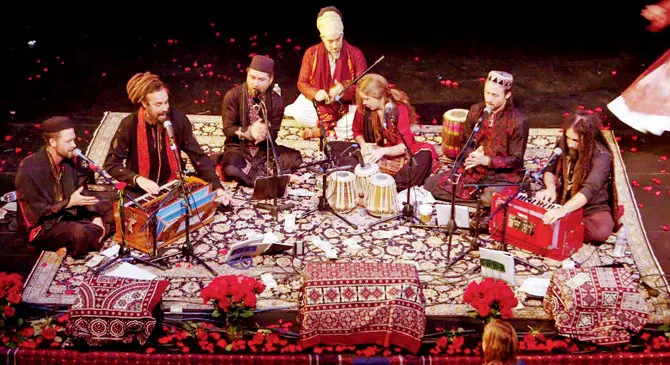
Spread and Influence
Qawwali spread across the Indian subcontinent during the Mughal period, particularly among the Sufi orders like the Chishti, Suhrawardi, and Qadiri. It became integral to the spiritual practices at many Sufi dargahs, especially in North India and Pakistan.
In the 20th century, qawwali gained international recognition, particularly through legendary singers like Nusrat Fateh Ali Khan, who is credited with popularizing qawwali beyond South Asia. His collaborations with Western artists and participation in global music festivals brought this sacred art form to a broader audience.
Other famous qawwals include the Sabri Brothers and Abida Parveen, each contributing to the evolution of qawwali by bringing their unique styles to the tradition.
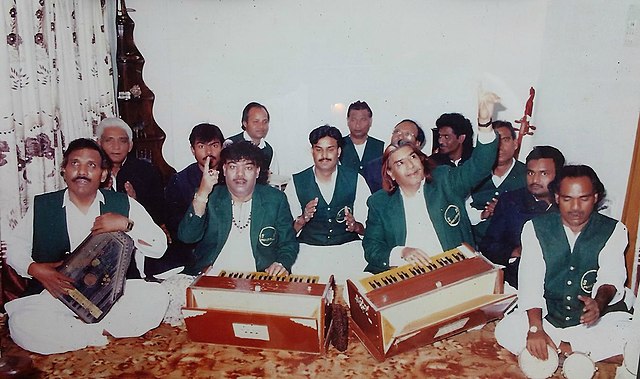
Key Figures in Qawwali You Should Know
While Nusrat Fateh Ali Khan is undeniably a monumental figure in Qawwali music, other significant artists are worth exploring.
The Sabri Brothers were a major force in the qawwali world. Performing together for 60 years (1956–2016), they released 53 albums throughout their career, making their music essential listening for any Qawwali fan.
Pakistan has also produced notable Qawwali stars. One of the most prominent was Amjad Farid Sabri, a celebrated qawwali musician who gained widespread acclaim. Unfortunately, his life was tragically cut short when militants in Karachi killed him.
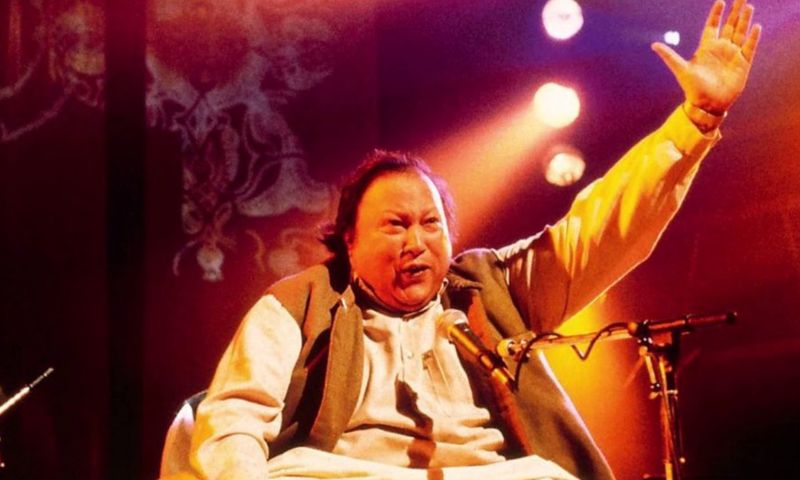
Nusrat Fateh Ali Khan`s legacy continues through his nephew, Rahat Fateh Ali Khan, one of the leading figures in qawwali today. Trained by his uncle from age seven, Rahat has made significant contributions to Bollywood and Hollywood soundtracks and even served as a judge on the Indian TV talent show Chhote Ustaad.
The Nooran Sisters (Jyoti and Sultana) are among the most renowned female qawwali artists in the world. They rose to fame through MTV India`s Sound Trippin and have since contributed to several Bollywood films.
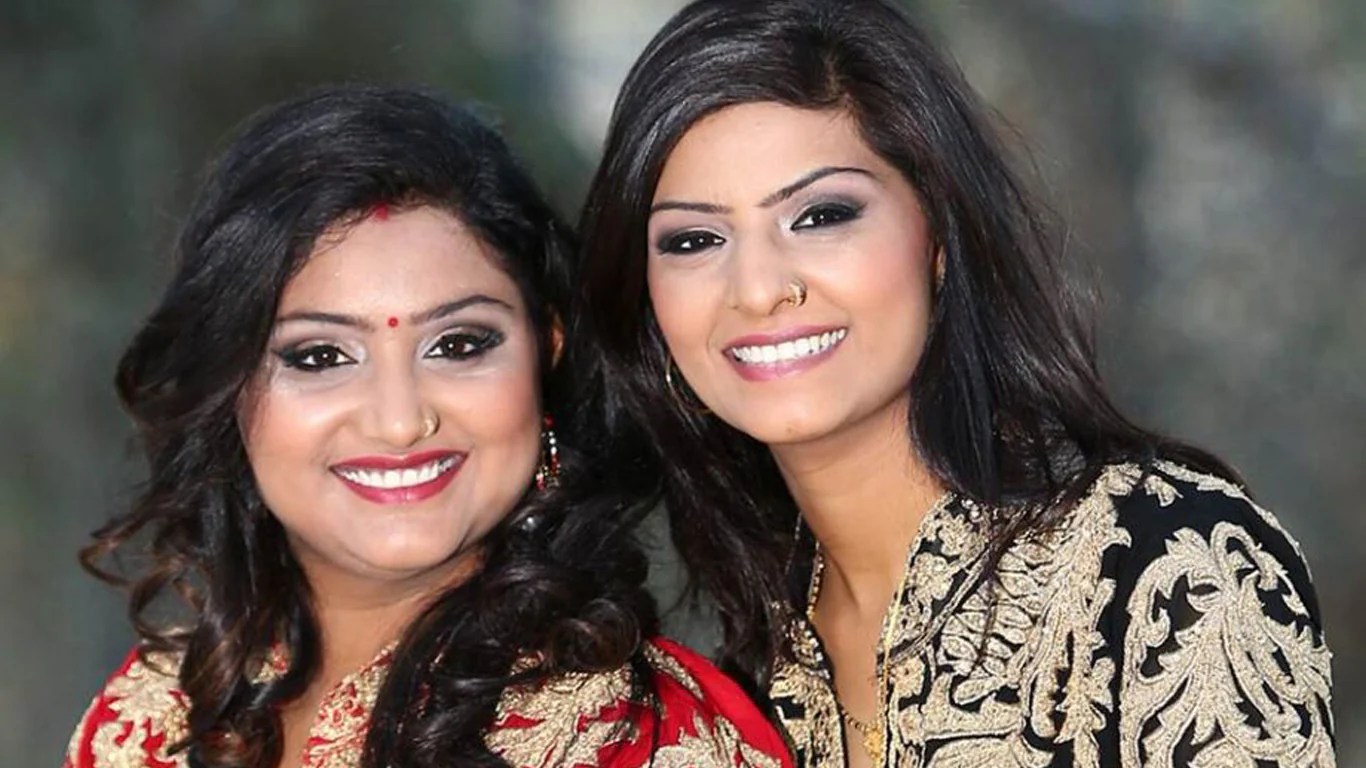
Modern Era
Qawwali has found a new audience in recent years through films, global fusion music, and pop culture. Despite this modernization, the core of qawwali remains a profound spiritual practice that connects listeners to the divine.
Qawwali continues to be performed at Sufi shrines, festivals, and special occasions, maintaining its essential role as a bridge between music and spirituality in the Sufi tradition.
Qawwali in Dhaka
Qawwali, a form of Sufi devotional music, is significant in Dhaka, Bangladesh, reflecting the city’s deep-rooted connection to Sufism. The tradition of qawwali in Dhaka can be traced back to the spread of Sufism in the region, particularly during the Mughal era. Dhaka, an important center of Islamic culture in Bengal, has long been associated with Sufi saints and their shrines (dargahs), where qawwali has been an integral part of religious gatherings.
Historical Context
Sufism has had a strong influence in Bengal; with it, the tradition of qawwali came as a form of spiritual expression. Sufi saints who arrived in the region brought their customs, including performing qawwali at religious and spiritual events. These performances were often held at shrines of famous saints such as Hazrat Shah Jalal in Sylhet or in various other Sufi centers in Dhaka.
Qawwali in Dhaka is performed primarily in Urdu, Bengali, and sometimes Persian, reflecting the region`s linguistic diversity. The performances typically take place at religious festivals like Urs (anniversaries of Sufi saints) and other special events held at dargahs or during spiritual gatherings (mehfil-e-sama).
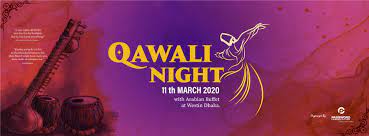
Contemporary Scene
Qawwali has found new audiences in modern Dhaka through music festivals and cultural events. The younger generation is interested in qawwali, mainly through its exposure to films, digital media, and television. This renewed interest has kept the tradition alive, blending classical qawwali with contemporary musical elements.
Despite its modern adaptations, qawwali in Dhaka remains deeply connected to its spiritual roots.
Popular Venues for Qawwali Nights
1. Sufi Shrines (Dargahs): Dhaka’s Sufi shrines, particularly during special events like Urs (the death anniversary of Sufi saints), host qawwali nights as part of their religious celebrations. These performances are deeply rooted in spiritual practice and are often attended by devotees and music lovers alike.
2. Bangladesh Shilpakala Academy: A key hub for cultural events, the Bangladesh Shilpakala Academy occasionally organizes qawwali nights as part of broader cultural programs or Sufi music festivals. These performances usually attract a large audience interested in traditional South Asian music.
3. Bangabandhu International Conference Center: Known for hosting large-scale musical events, the Bangabandhu International Conference Center has occasionally held qawwali nights, featuring both local and international qawwals, especially during religious festivals or cultural celebrations.
4. Cultural Cafés and Restaurants: Several cultural cafés in Dhaka, such as Jatra Biroti and The Junction, have also begun hosting intimate qawwali nights. These venues cater to smaller crowds, offering a more relaxed, soulful atmosphere where audiences can enjoy qawwali in a cozy setting.
5. University Campuses: Dhaka University, North South University, and other academic institutions sometimes host qawwali nights as part of their cultural programs, allowing students to connect with this rich musical tradition.
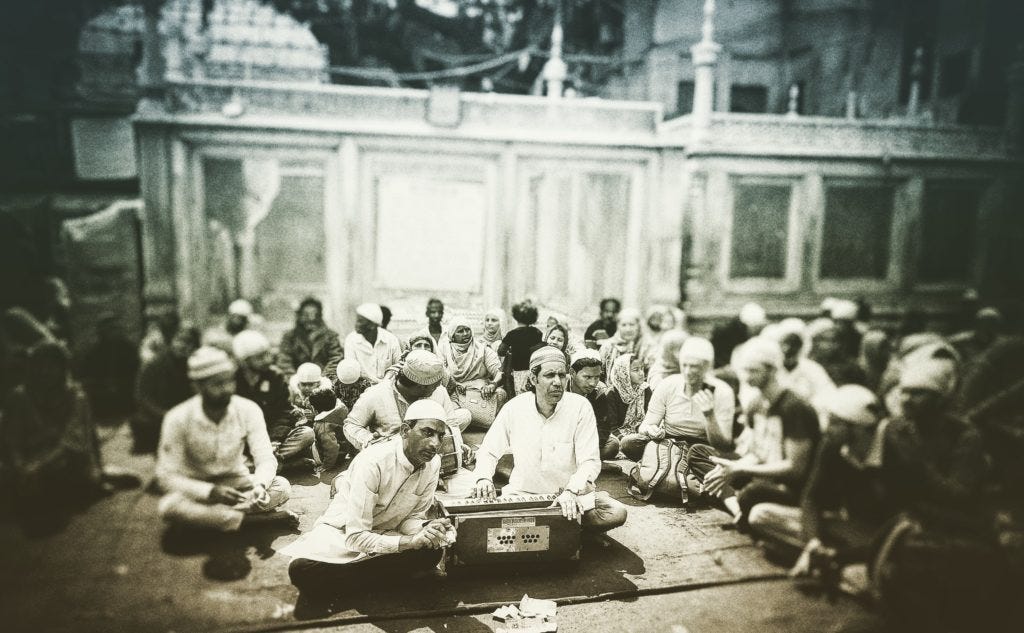
Qawwali Nights in Dhaka
Qawwali nights in Dhaka have become increasingly popular, allowing audiences to experience Sufi music’s spiritual and soulful tradition. These events are typically organized in various cultural, religious, and entertainment venues, attracting seasoned listeners and newcomers.
In addition to traditional performances, qawwali in Dhaka has also taken on a contemporary twist. Some musicians blend qawwali with modern genres like rock or fusion.
Social Media Uproar After Attack on Qawwali Event at Dhaka University
Bangladesh is witnessing a surge of protests on social media following the attack and vandalism of a qawwali music event at Dhaka University on January 12. The attack is allegedly linked to the student wing of the ruling party Awami League.
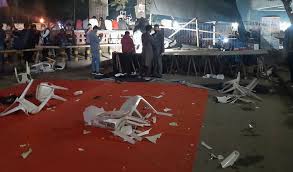
The attack, attributed to secular forces, sparked a major controversy, despite the accused group, the Chhatra League, denying involvement. When news of the vandalism spread, prominent intellectuals and citizens took to social media to condemn the incident. However, some Awami League supporters claimed the events were an attempt to "reintroduce Urdu" in Bangladesh.
Author and critic Farhad Mazhar, responded with a call for more qawwali events at Dhaka University to push back against the attack. The vandalized event`s organizers quickly arranged another qawwali night on January 13, which drew a large crowd of supporters and media attention. Since then, qawwali events have been held across Bangladesh in places like Khulna, Chittagong, and Kumilla to protest the violence.
Read More Attack on artist Rahul Ananda’s house, over 3000 musical instruments burnt to ashes
Initially, Chhatra League leaders claimed that fundamentalists were behind the event, citing qawwali`s association with Urdu, the language once imposed on Bengalis during Pakistan`s rule. However, after facing criticism in the media, the Chhatra League shifted its stance, with its Dhaka University unit secretary Saddam Hossain suggesting the vandalism was due to internal disputes among the organizers over whether qawwali is Islamic. Hossain later announced plans for the League to organize its own qawwali event on campus.
The event`s organizers, a university-based qawwali group called Silsila, refuted claims of internal conflict. Lutfor Rahman, a member of Silsila and a master`s student at Dhaka University, asserted that the accusations about Urdu qawwali songs were baseless, emphasizing that music transcends language and that qawwali is neither linked to fundamentalism nor a threat to Bengali culture.
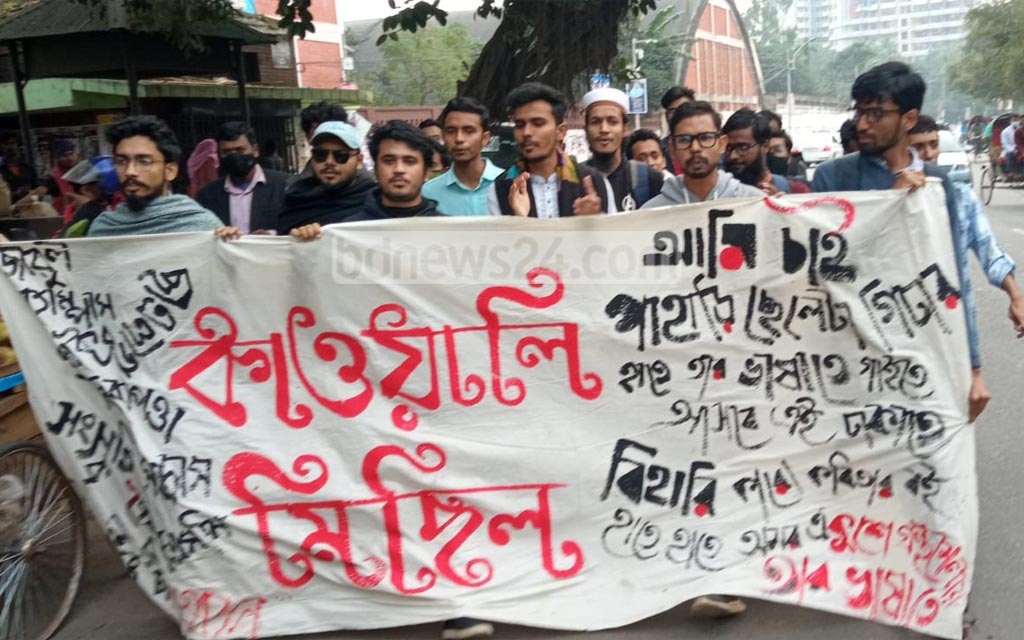
The attack has reignited interest in qawwali in Bangladesh, with many cultural enthusiasts sharing qawwali songs on social media to celebrate the genre`s spiritual and secular significance.
Though qawwali once thrived in cities like Dhaka and Chittagong, it faced a decline after Bangladesh`s independence in 1971, partly due to linguistic and religious tensions. However, there is a longstanding tradition of Bengali qawwali, and national poet Kazi Nazrul Islam even composed several qawwali pieces. Today, there is hope that the renewed interest in the genre will help spark a qawwali revival in Bangladesh.
Read Also: Rahat Fateh Ali Khan in Dhaka: All you need to know


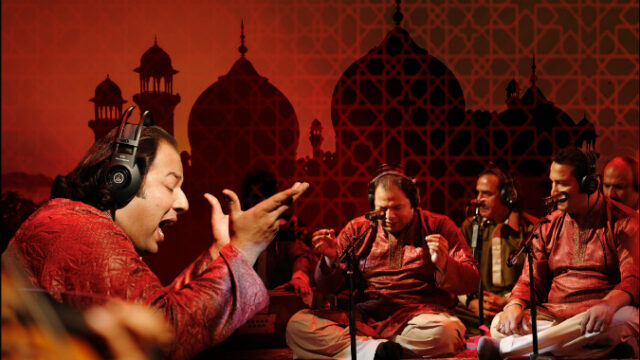

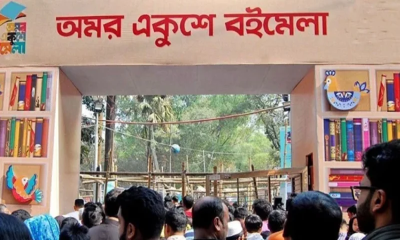

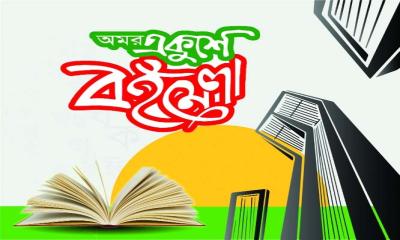
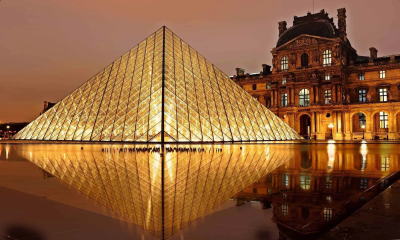

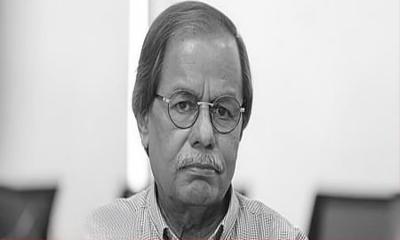








-20260221022942.jpg)
-20260221022827.webp)



















